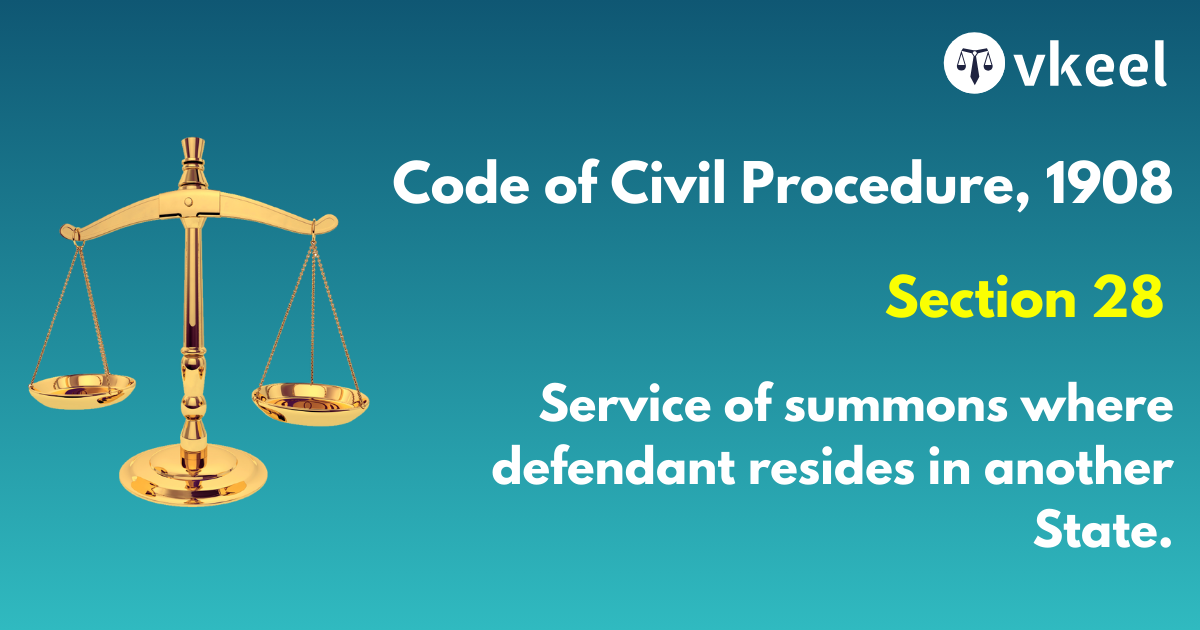Section 26 Indian Penal Code 1860 (IPC) – “Reason to believe”
By Vkeel Team
Table of Contents
Description
“Section 26 Indian Penal Code 1860 (IPC)”
A person is said to have “reason to believe” a thing, if he has sufficient cause to believe that thing but not otherwise.
Meaning of Reason to believe
According to section 26 of the IPC, a person is said to have “Reason to believe” a thing if he has sufficient cause to believe that thing but not if he merely supposes that thing to be true or has a vague or indefinite idea about it. Thus, the term “Reason to believe” means a belief which is founded on reasonable grounds and not on mere supposition or imagination.
Implications of Reason to believe
The concept of “Reason to believe” is significant in the commission of an offence, particularly in cases where the accused has not actually committed the offence but has abetted the commission of the offence. The section makes it clear that the abettor must have “Reason to believe” that the offence would be committed. Thus, if the abettor merely supposes or imagines that the offence would be committed, he cannot be held guilty of abetting the commission of the offence.
The provision also comes into play in cases where a person is accused of having committed an offence on the basis of circumstantial evidence. In such cases, the prosecution must prove that the accused had “Reason to believe” that the offence would be committed. If there is no evidence to suggest that the accused had any “Reason to believe” that the offence would be committed, he cannot be convicted of the offence.
Illustrations of Reason to believe
To understand the concept of “Reason to believe” better, let us look at some illustrations:
- A gives B a gun, telling him to shoot C. B has “Reason to believe” that the gun is loaded and that if he shoots at C, he is likely to cause his death. Here, A is guilty of abetting the murder of C, and B is guilty of murder.
- A, a teacher, gives B, a student, a note containing answers to a question paper. B has “Reason to believe” that the note is genuine and that he will score good marks in the examination by using it. Here, A is guilty of abetting cheating, and B is guilty of cheating.
- A sells a stolen watch to B, telling him that it is a genuine watch. B has no “Reason to believe” that the watch is stolen. Here, A is guilty of theft, and B is not guilty of any offence.
Conclusion
To sum up, “Reason to believe” is a crucial concept in the commission of an offence, particularly in cases where the accused has not actually committed the offence but has abetted its commission. The provision makes it clear that the abettor must have “Reason to believe” that the offence would be committed, and that belief must be founded on reasonable grounds. Thus, the concept of “Reason to believe” is significant in determining the guilt or innocence of a person accused of committing an offence.
Desctiption Source: indiacode
Disclaimer:
The information provided in the article is for general informational purposes only, and is not intended to constitute legal advice or to be relied upon as a substitute for legal advice. Furthermore, any information contained in the article is not guaranteed to be current, complete or accurate. If you require legal advice or representation, you should contact an attorney or law firm directly. We are not responsible for any damages resulting from any reliance on the content of this website.












